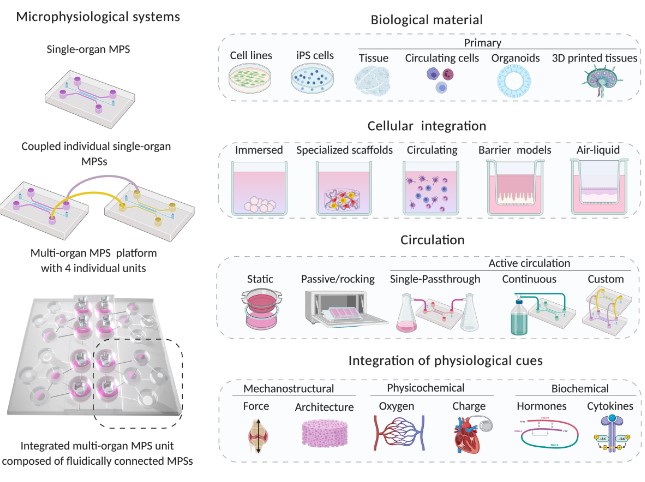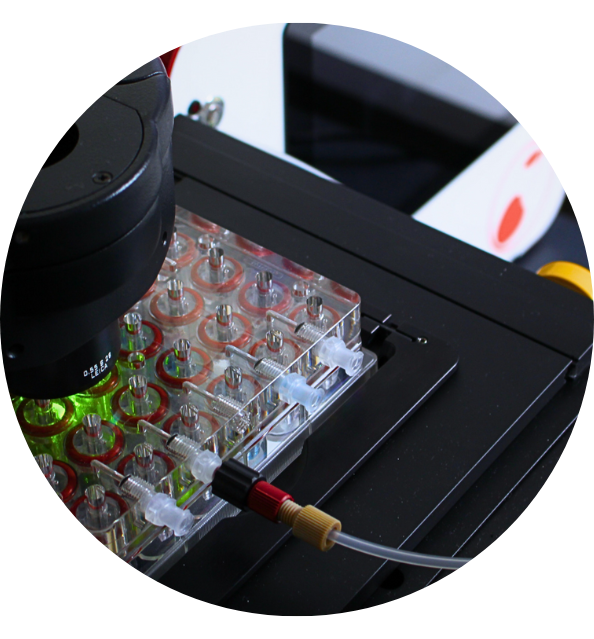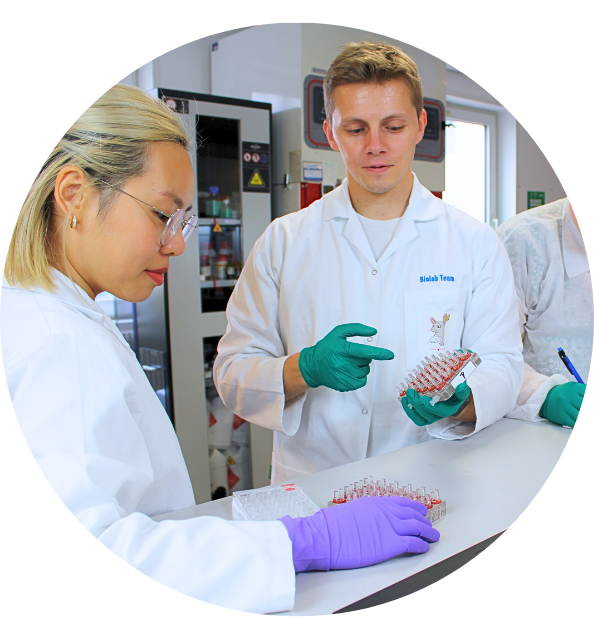Introduction
MPS (Multiorgan Microphysiological Systems) have evolved from tools to reduce animal experimentation and improve preclinical toxicity assessments to an intriguing stepping stone in efforts to replicate our own biology. The future premise of MPS is clear: multicellular tissue models that are true to our own physiology would allow us to conduct expensive clinical trials at a fraction of the cost.

Reduce the use of animals in experiments, serve as a surrogate for exploring the dangers of new environments such as deep space, and provide insight into the laws governing tissue homeostasis, repair, and the emergence of complex diseases, to name a few. While this may sound like a pipe dream, it is a reality that the field is gradually achieving.
Abstract
The author states that “Metabolic and inflammatory disorders such as autoimmune and neurodegenerative diseases are increasing at alarming rates. Many of these are not tissue-specific occurrences but complex, systemic pathologies of unknown origin for which no cure exists.
Such complexity obscures causal relationships among factors regulating disease progression. Emerging technologies mimicking human physiology, such as microphysiological systems (MPSs), offer new possibilities to provide clarity in systemic metabolic and inflammatory diseases.
Controlled interaction of multiple MPSs and the scalability of biological complexity in MPSs, supported by continuous multiomic monitoring, might hold the key to identifying novel relationships between interorgan crosstalk, metabolism, and immunity.
In this perspective, I aim to discuss the current state of modeling multiorgan physiology and evaluate current opportunities and challenges.”
Source
Trapecar M. Multiorgan Microphysiological Systems as Tools to Interrogate Interorgan Crosstalk and Complex Diseases. FEBS Lett. 2021 Dec 18. doi: 10.1002/1873-3468.14260. Epub ahead of print. PMID: 34923635.


